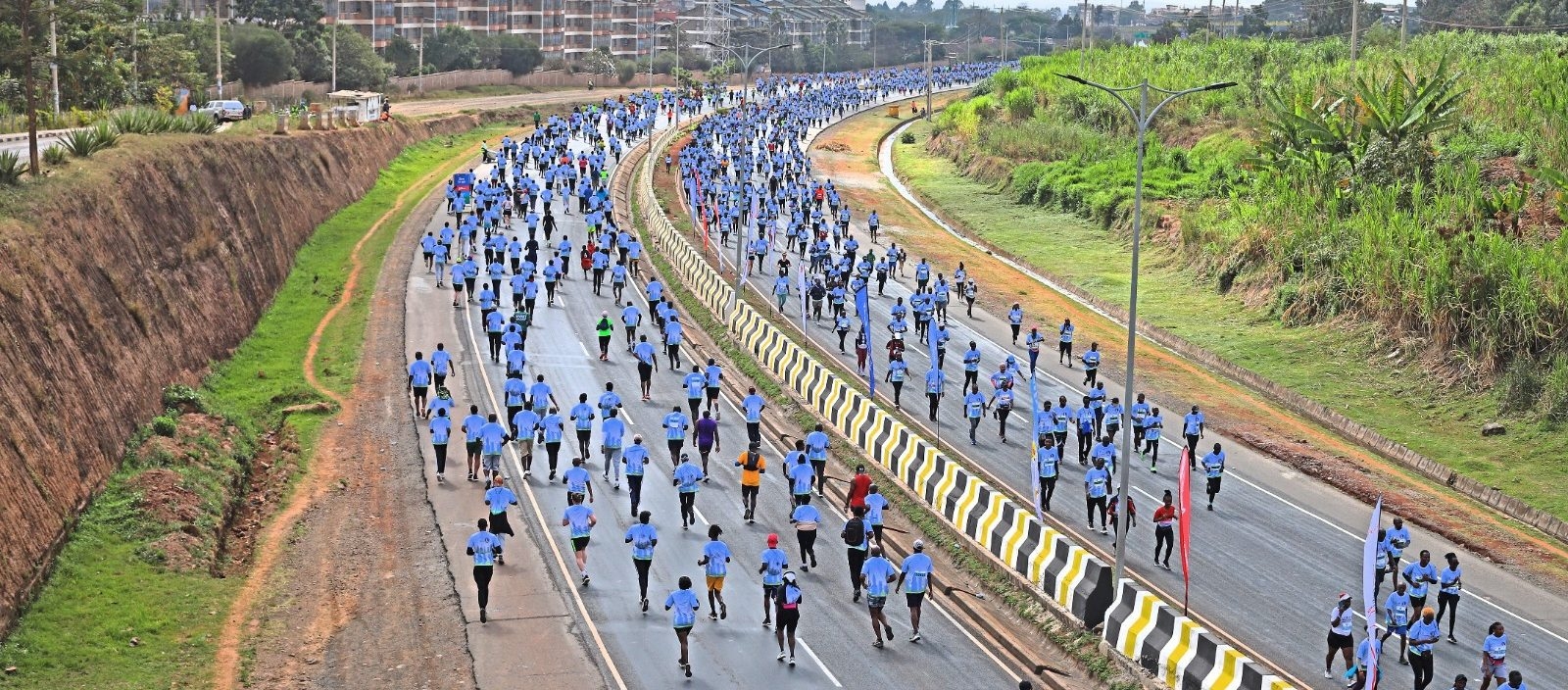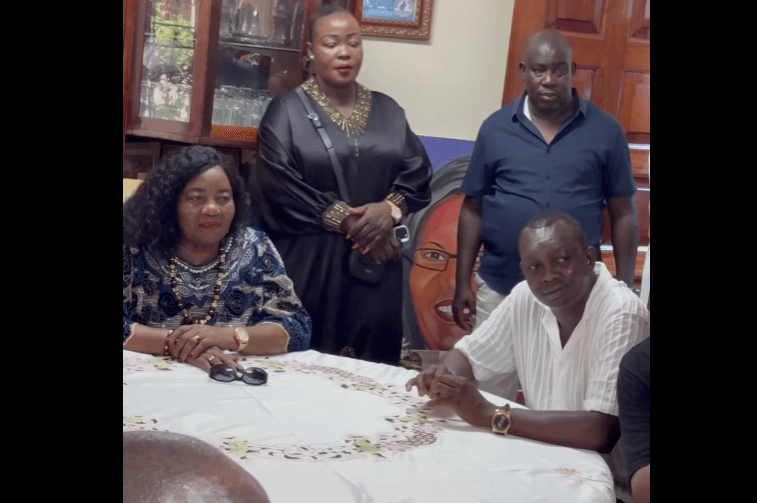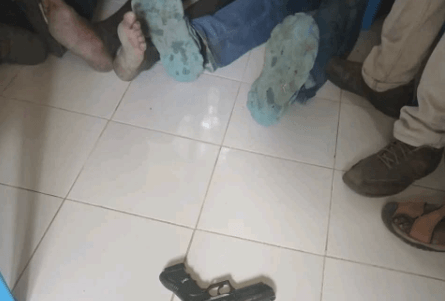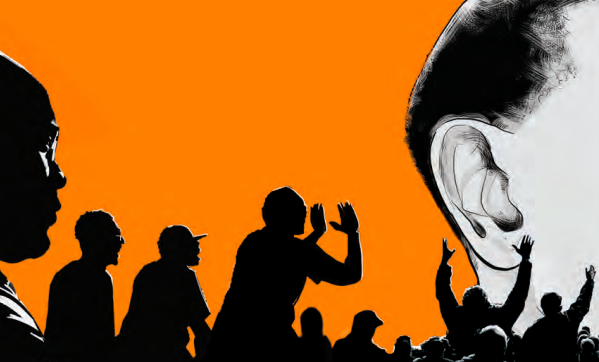
A roadside maize roaster has a higher chance of talking to the president than a citizen who respects protocol.
The hawker needs no appointment to catch the eye of the president.
The president can also stop by a jua kali shed to greet hustlers.
The president may buy the hawker’s stuff to share out with the crowd.
But breaking security barricade may fail once hawk-eyed minders build inter-locking blocks around the president.
The meeting between the president and the hawker, if it ever happens, may not add value to citizenleadership relations. One party will see a windfall; another will play populist.
The encounter is far from a listening relationship. Former presidents – Old Jomo, Daniel Moi and Uhuru Kenyatta – had occasional roadside encounters with hawkers. President William Ruto, too, has had such encounters.
Video clips of presidents and their delegates snacking on roasted maize are viral.
Former DP Gachagua is in one of the clips munching roasted maize, with the appetite of one who grew up on a farm.
Another video clip, which often pops up on YouTube, captures the political power elite taking tea and mandazi in a roadside kiosk.
The two clips pass the same message: populism for the leader and opportunity for the vendor’s kibanda. Listening isn’t a two-way highway anymore. Leaders long ceased to listen to the pains of the people, even as the selected ones plead with the citizenry to listen.
People speak at cross purposes and live in worlds apart.
There is a national listening crisis: Senior employees of a remote county arrived in Nairobi one Thursday, for a benchmarking holiday. They checked in at a four-star hotel in the central business district.
They were sweaty and exhausted from the eight-hour rough ride on dusty roads to the capital. Two of the guests were booked in rooms two floors atop the rest of the team.
Taino was new to the luxury of hot water showers in the hotel. But he needed to freshen up before joining others for dinner. He turned on the water heater before getting back to the bedroom to remove his clothes. He then sat on the bed to admire the luxurious furnishing of the room.
But lights went off before he could wrap a towel around his rotund waist. He missed the door to the bathroom. He found himself naked, wandering in the corridor. He was fumbling with the wrong door.
The hotel’s surveillance cameras located the dark image wandering suggestively in the corridor. A security guard called for reinforcement to handle the breach. A madman had breached hotel security. e naked man was bundled into an isolation room. No one was listening to the madman. An ambulance was called, even as the guard granted the naked intruder a brief hearing. “Look here Afande, I am a guest here. We came with other guests who are booked in this hotel.“
“Which room, which floor,” the guard asked. “My colleague, Papa Mgeni is in room 308,” the naked man said. A call was made to Papa, who wondered how a madman would know about him shortly after checking into the hotel. Papa discovered the insane man was his colleague Taino.
“Sorry my brother Taino. You’ll be fi ne,” Papa said, as he walked out to inform other guests in their delegation about Taino’s condition. Twelve of them walked into the isolation room to the sight of a nude colleague. ey recalled Taino had been talkative during the journey. “Sorry, Taino, you’ll be fi ne,” four of them said in rehearsed chorus.
But no one was willing to listen to Taino’s attempts to explain what happened. Taino surrendered to his fate. Since all these people were saying he was mad, he told himself they could not all be wrong. He began to believe he could be mad. Taino’s wife was called. She, too, was worried, but hopeful. “You’ll be fi ne, Baba Watoto. Take heart,” she said.
Taino was discharged three days later. Back in the hotel, Taino got the people who thought he was mad to listen. He explained what had happened, as the group burst into teary laughter. “We wished we had listened to you. We wouldn’t have wasted time and money treating miscommunication,” Papa said.
Okech Kendo - University journalism lecturer and climate change local actions advocate


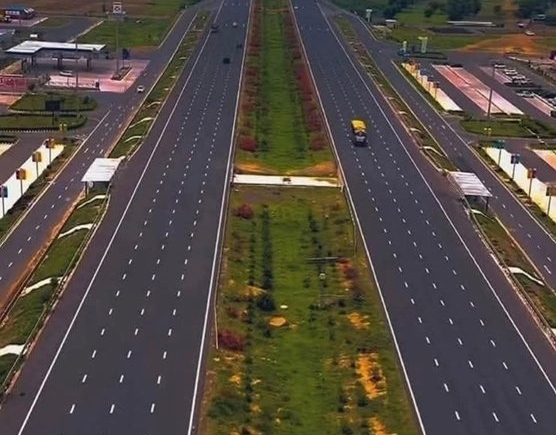
![[PHOTOS] Council of Governors visits Raila's grave](/_next/image?url=https%3A%2F%2Fcdn.radioafrica.digital%2Fimage%2F2025%2F10%2F59c8111a-6f0d-4719-8587-7e965c4bdd34.jpg&w=3840&q=100)

